Consulate reaches out to second-generation Filipinos
By Cristina DC Pastor
The Philippine Consulate was a strong presence at the Filipino Intercollegiate Networking Dialogue (FIND) held March 30 to 31 at Drexel University in Philly.
Consul General Mario de Leon Jr. led a workshop where he provided a snapshot of the Filipino immigration numbers across the U.S. He was assisted by Deputy Consul General Tess Dizon de Vega who invited students to become dual citizens. She said acquiring dual citizenship is as simple as having one Filipino parent – or both — even if the child was born in the U.S. It was an engaging forum, and there were lots of questions from the floor as well as via Twitter feeds on how to apply, who qualifies, what are the advantages, and how long the process is. Students enlightened by the information could be heard telling friends, “I am a dual citizen?”
“It is only recently that we have made a concerted effort to reach and engage the second-generation and youth sectors of the diaspora,” de Leon Jr. told FIND members. “We are trying out different vehicles, exploring out-of-the-box engagement tools to further encourage the emerging generation to be involved.” FIND was founded to promote dialogue among young Filipinos. Its members come from the various colleges and universities across the Northeast, from Boston to Virginia. Its inaugural conference in the spring of 1992 was held at Harvard.
De Leon said mainstream organizations, such as NaFFAA and the U.S. Pinoys for Good Governance, are well on their own, having organized sectors and developed their own political and professional networks.
“This is not necessarily true for the emerging generation,” he said.
While he said the consulate “cannot reasonably expect the emerging generation to be as flexible with their time and resources,” they can still remain engaged in issues such as the SAVE Act, benefits for veterans, outsourcing bills and other advocacies.
“There are a wealth of issues and means of getting involved which we hope to collaborate with the next generation,” he said as he urged the students to find the time to join town hall meetings, participate in letter campaigns to lawmakers, volunteer in community activities, and join cultural groups. “The bottom line is really for the second generation to be and remain involved in whatever advocacy you are passionate about and to seek opportunities to explore these.”
He said the 3.4 million Filipinos across the U.S. is a “significant” number. In the Northeast, there are 337,994 Filipinos, he added, citing U.S. Census 2010 figures – including 126,129 in New York and 126,793 in New Jersey.
These figures do not take into account undocumented immigrants, but as de Leon stressed, “The figures are significant in mapping the potential of the Filipino community for political empowerment.”

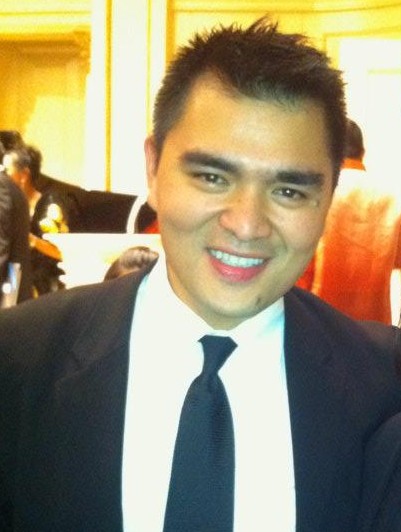
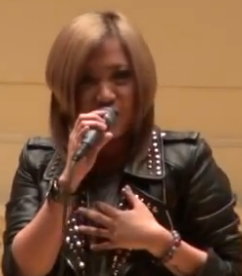


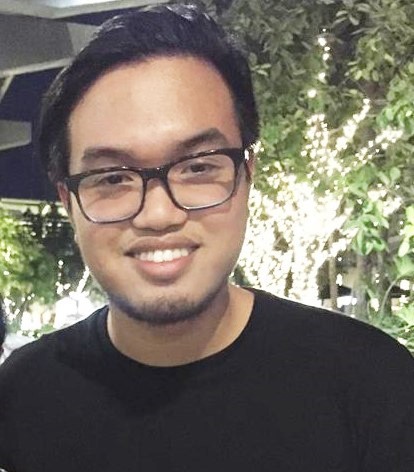
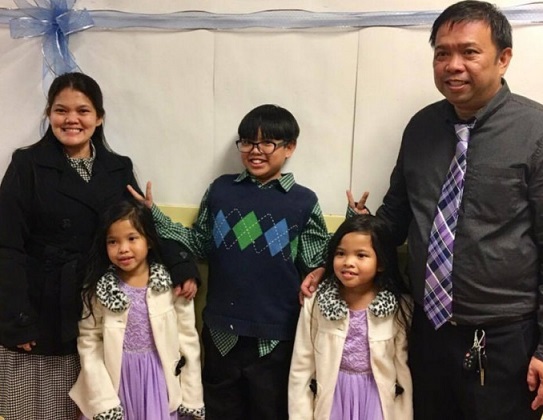

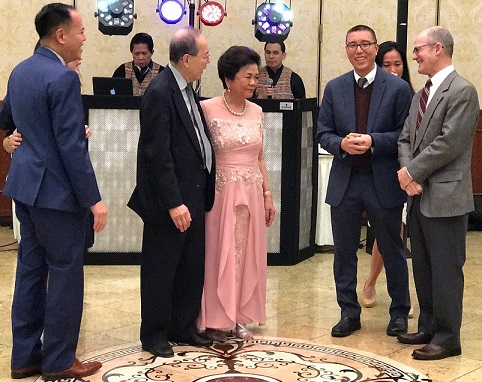

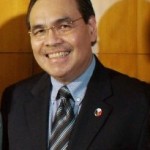

A very good idea for the Filipino Consulate to reach and engage 2nd generation Filipino-Americans.